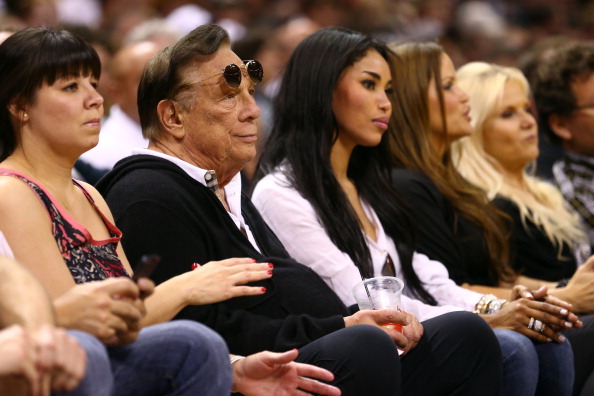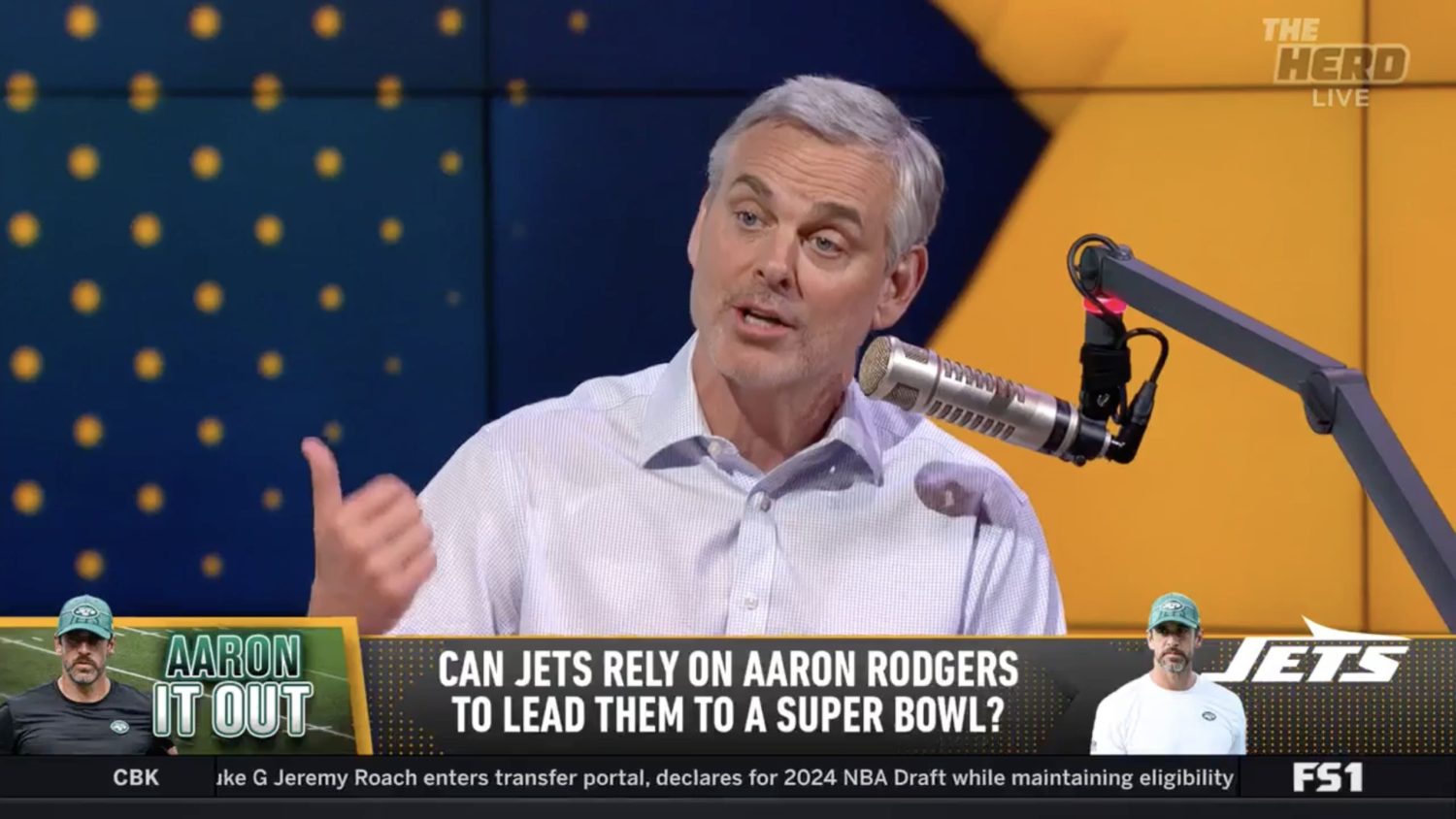If there ever was a case for a clear impact of a media story, it’s what happened to former L.A. Clippers owner Donald Sterling last April after TMZ published a tape his then-associate (and alleged mistress) V. Stiviano made of racist remarks he uttered during a September 2013 coversation with her. Many media outlets quickly picked it up (although NBA rightsholders such as ESPN and Turner were slower), and the ensuing firestorm led to Sterling not only being banned from the NBA four days later and forced to sell the team (Steve Ballmer bought them last August), but also being named “the most disliked man in America.” Now, Sterling has filed a lawsuit against TMZ and Stiviano, alleging they breached his privacy and damaged him “on a scale of unparalleled and unprecedented magnitude.” Here are the details, from Stephen Ceasar of The Los Angeles Times:
The lawsuit, filed last week, alleges that Stiviano recorded a phone conversation with Sterling in September 2013 and that she or an associate provided the “illicitly” recorded conversation to TMZ in violation of Sterling’s right to privacy. Sterling contends in the suit that he did not know that Stiviano regularly recorded their conversations.
On the recordings, which were published by TMZ on April 25, 2014, Sterling scolds Stiviano for associating with African Americans in public and warned her not to attend Clippers games with black people.
The lawsuit alleges that Stiviano or TMZ doctored the tapes to “reflect conversations … that either never occurred, were grossly distorted and/or stated out of context.”
An attorney for Stiviano and a TMZ spokeswoman did not immediately return requests for comment.
Stiviano’s attorney, Mac Nehoray, previously told The Times that Sterling knew Stiviano recorded him and that his client had nothing to do with the recording’s public release. Sterling’s wife contended in a lawsuit that Stiviano was her husband’s mistress, but Stiviano has denied it.
It’s going to be interesting to see how this one plays out. Laws on recording conversations without consent vary from state to state, but California is one of the few “two-party consent” states. Here’s a breakdown of how that works, from the Digital Media Law Project:
California’s wiretapping law is a “two-party consent” law. California makes it a crime to record or eavesdrop on any confidential communication, including a private conversation or telephone call, without the consent of all parties to the conversation. See Cal. Penal Code § 632. The statute applies to “confidential communications” — i.e., conversations in which one of the parties has an objectively reasonable expectation that no one is listening in or overhearing the conversation. See Flanagan v. Flanagan, 41 P.3d 575, 576-77, 578-82 (Cal. 2002). A California appellate court has ruled that this statute applies to the use of hidden video cameras to record conversations as well. See California v. Gibbons, 215 Cal. App. 3d 1204 (Cal Ct. App. 1989).
If you are recording someone without their knowledge in a public or semi-public place like a street or restaurant, the person whom you’re recording may or may not have “an objectively reasonable expectation that no one is listening in or overhearing the conversation,” and the reasonableness of the expectation would depend on the particular factual circumstances. Therefore, you cannot necessarily assume that you are in the clear simply because you are in a public place.
If you are operating in California, you should always get the consent of all parties before recording any conversation that common sense tells you might be “private” or “confidential.” In addition to subjecting you to criminal prosecution, violating the California wiretapping law can expose you to a civil lawsuit fordamages by an injured party. See Cal. Penal Code § 637.2.
It also may be worth noting that while some news organizations have gotten away with secret recordings, especially under the federal one-party consent law and not for an illegal or tortious purpose, that didn’t happen with conservative activist James O’Keefe III’s secret recordings of ACORN employee Juan Carlos Vera in California in 2011. From the Reporters’ Committee For Freedom Of The Press:
In California, when conservative activists James O’Keefe III and Hanna Giles secretly recorded an ACORN employee in an ACORN office for the purpose of expose journalism, the Supreme Court of California rejected a First Amendment challenge to the expectations of privacy standard created under California’s wiretapping statute. Under California law, tape recording can be found unlawful when it violates “objectively reasonable expectations” that a conversation will not be recorded. Notably, the reporters had created the impression with the ACORN employee whom they recorded that they were seeking a confidential discussion. The court held that the privacy standard of California’s wiretapping law did not violate the First Amendment by working a chilling effect on expose journalism, as defendant O’Keefe argued. Instead, the court found O’Keefe and Giles could both be charged under the California wiretapping law for their surreptitious recording. (Vera v. O’Keefe)
O’Keefe was sued by Vera, and settled for $100,000 in 2013. There are several differences in his case, of course; he was explicitly creating the impression of a “confidential discussion” and misrepresenting himself, and it’s not clear that Stiviano was doing either. Still, if you’re going to sue someone for recording you without consent, California seems like a good place to do it given the state’s tough wiretapping laws. We’ll see how Sterling’s case plays out.






Comments are closed.